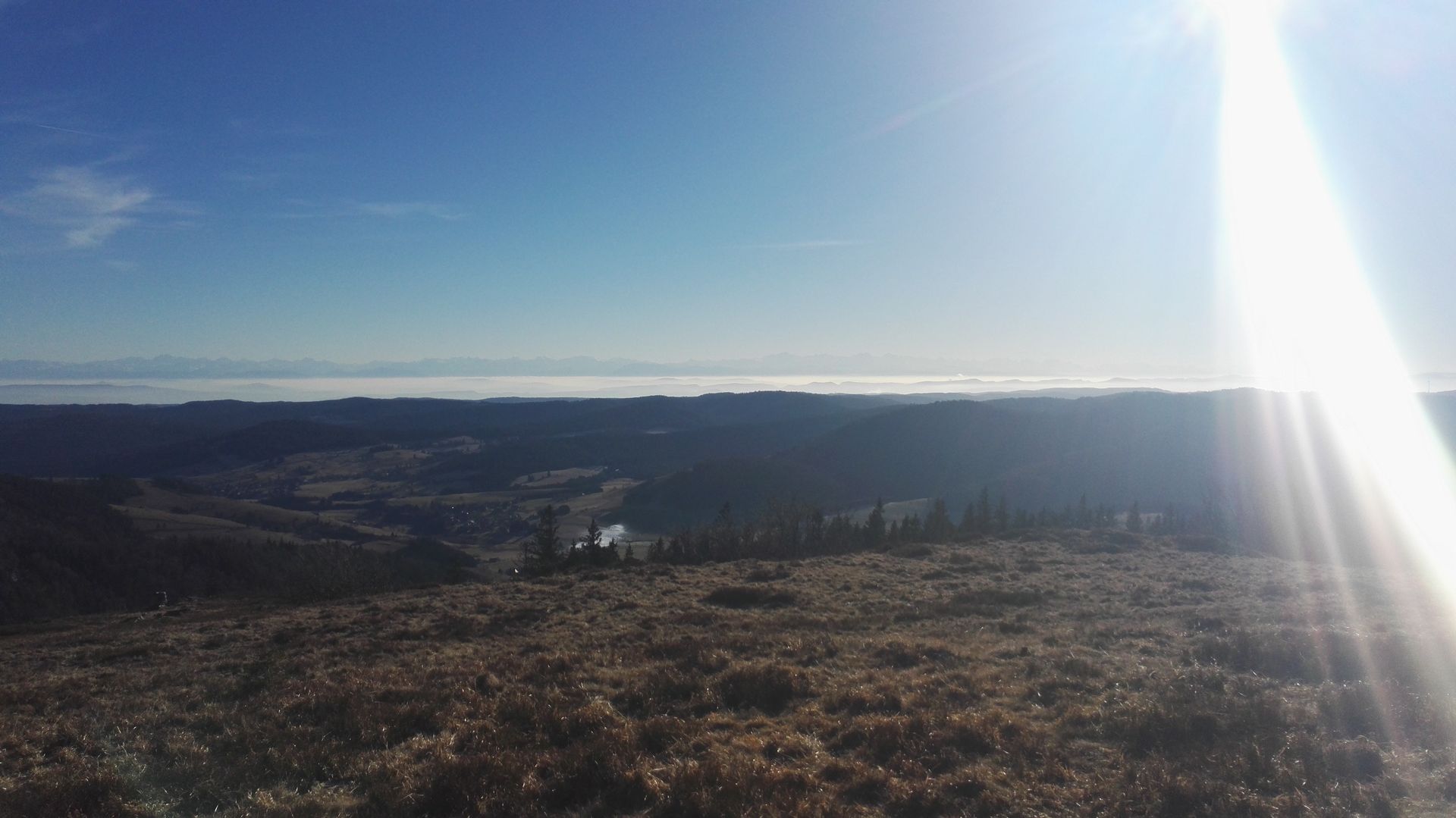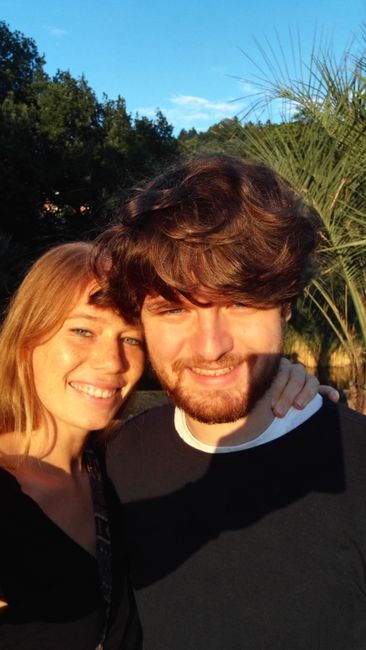Hot Ricon, hotter Cartagena, cold Bogota
Нашр шудааст: 07.05.2019
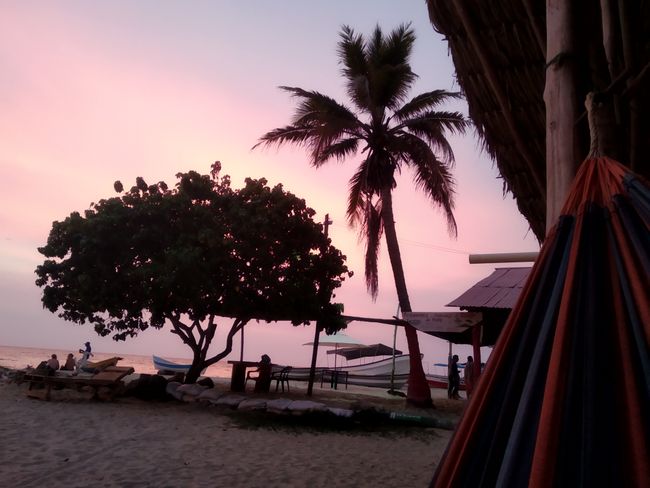
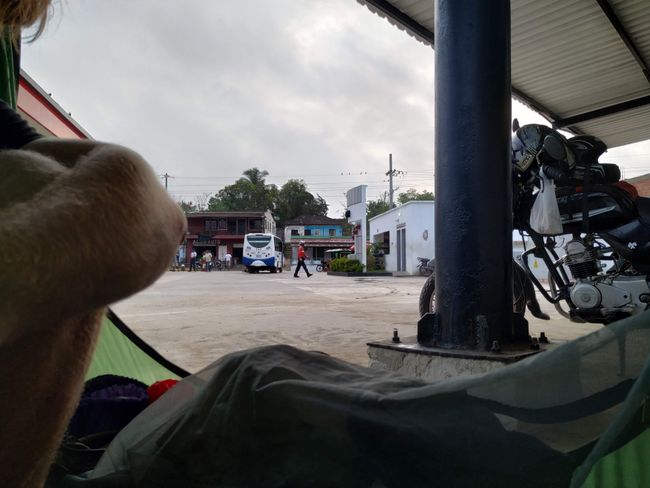
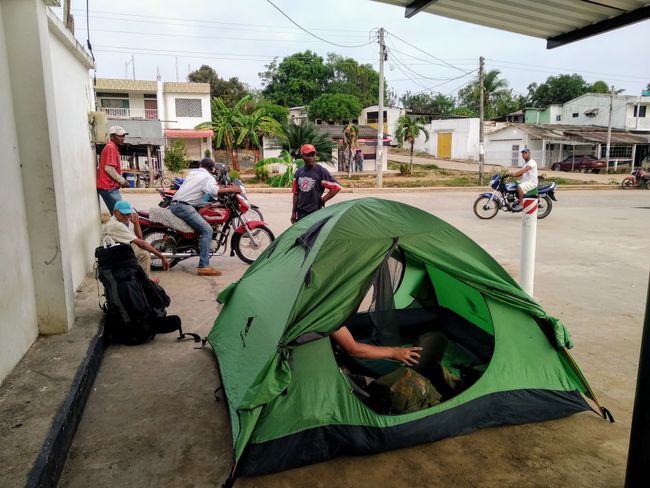
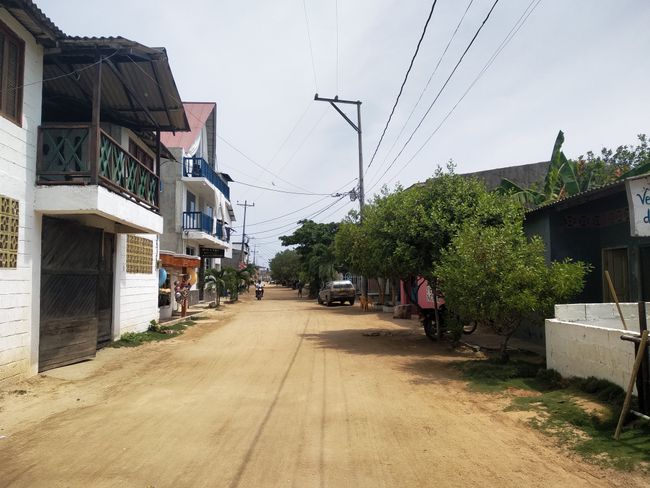
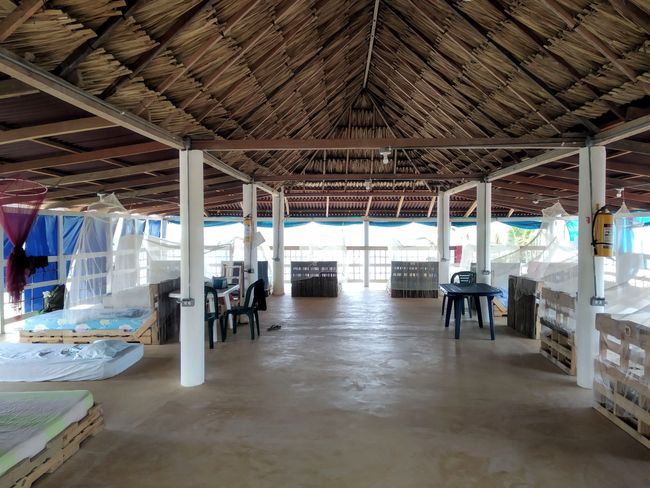
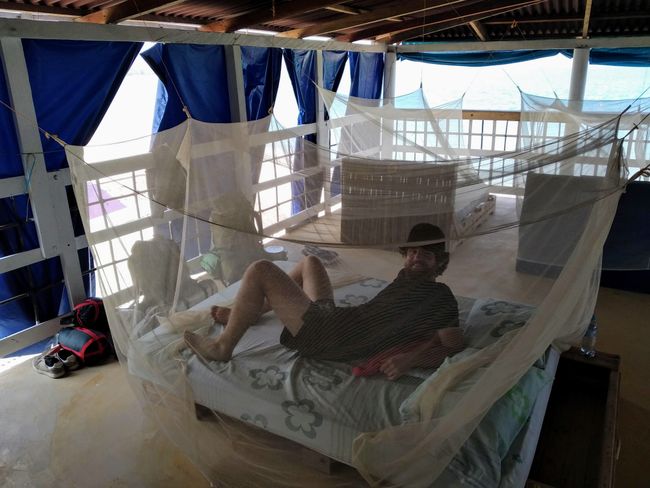
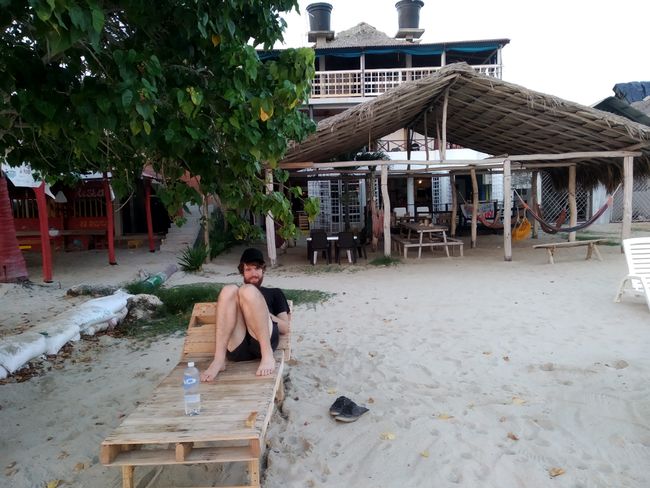
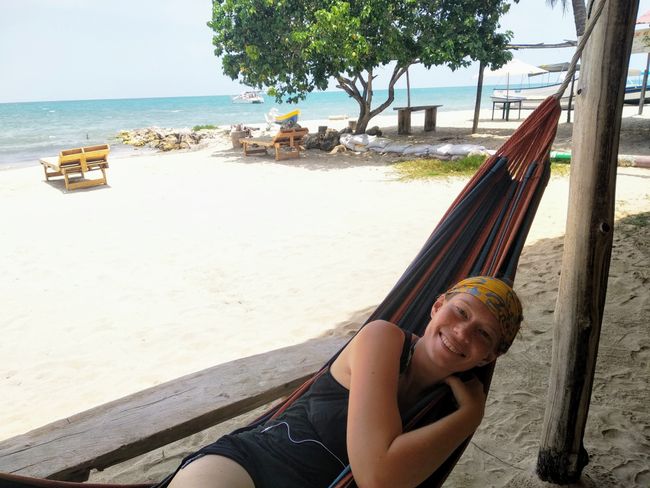
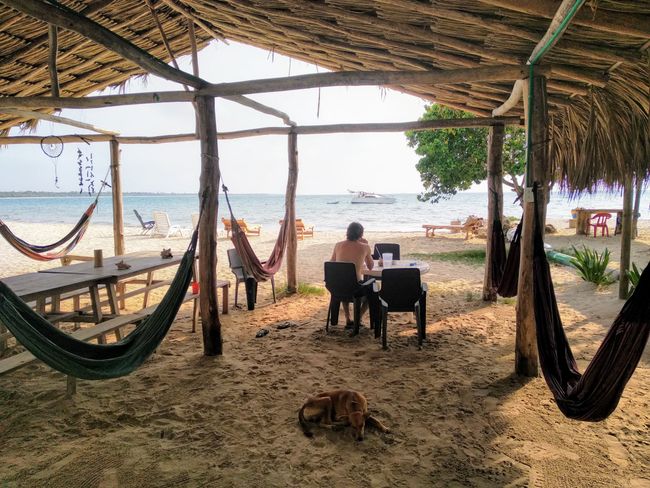
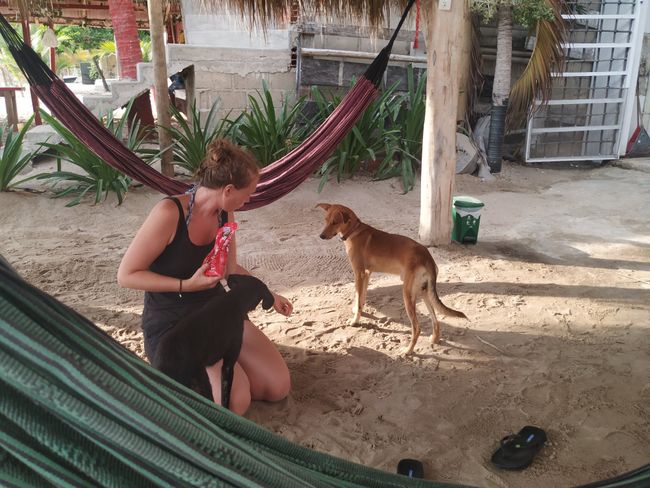
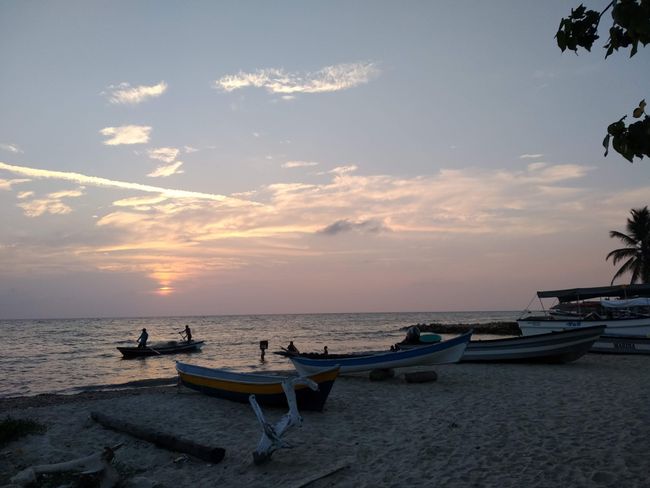
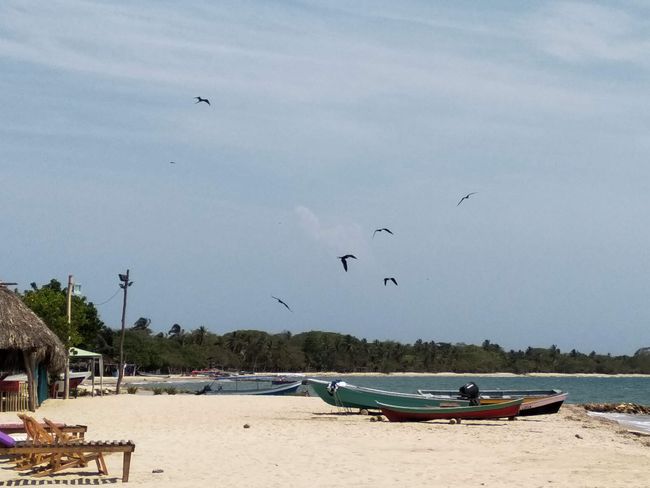
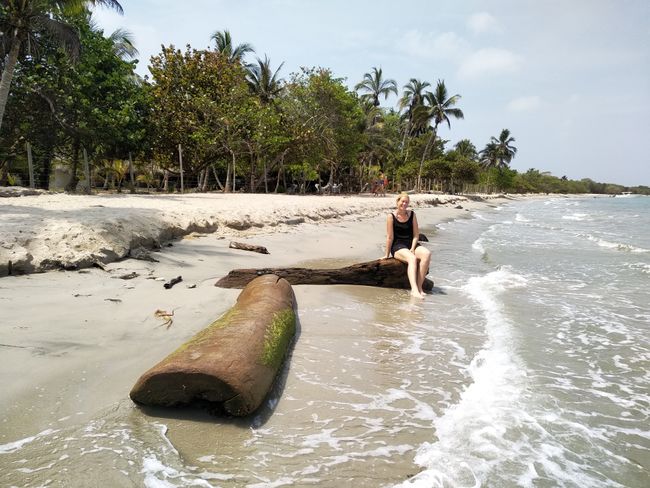
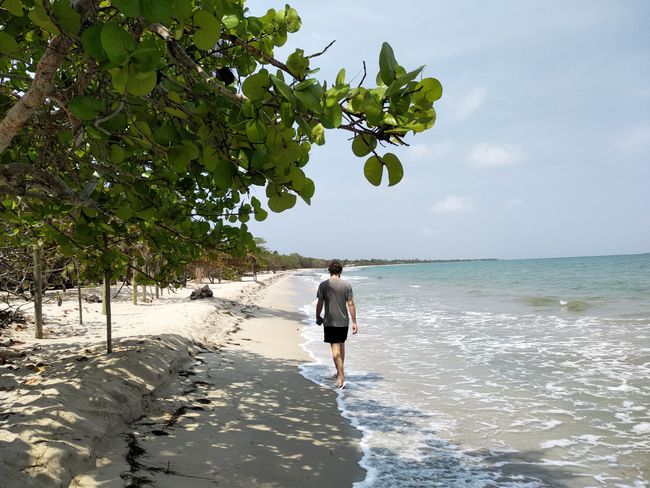
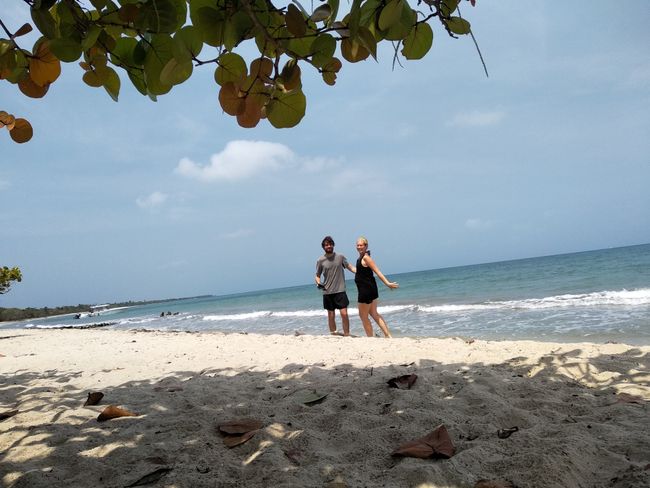
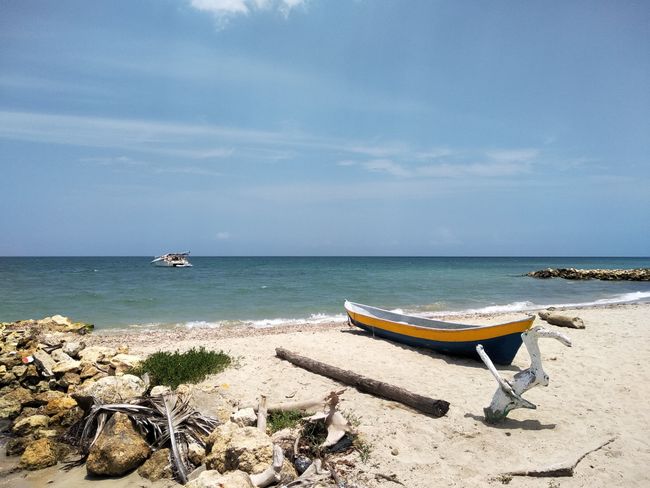
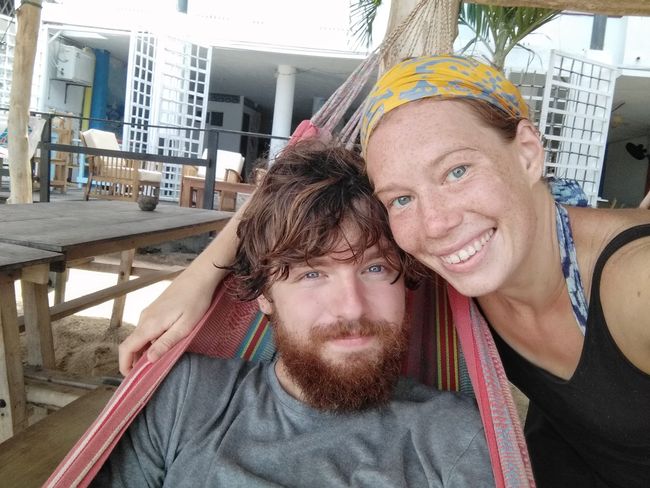
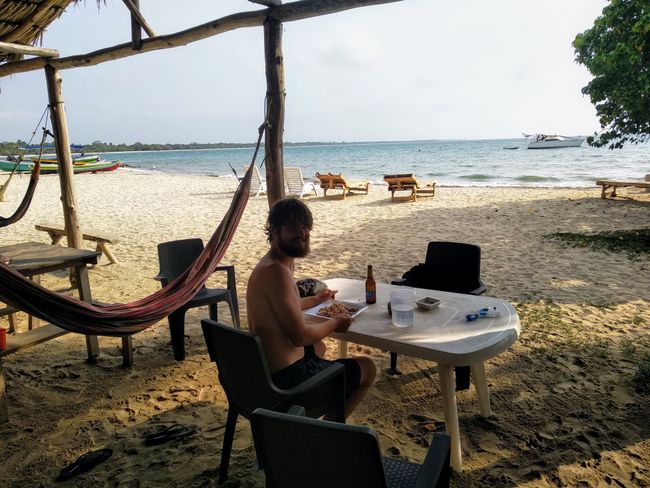
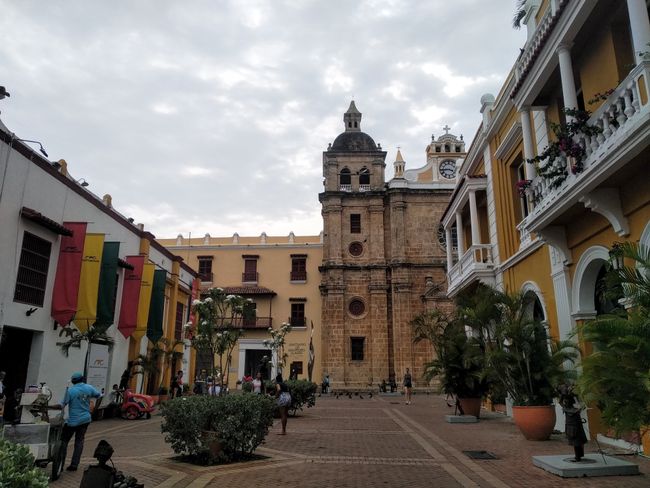
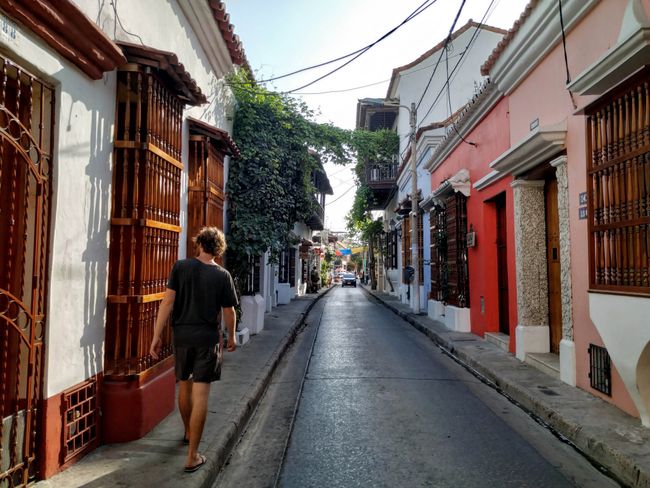
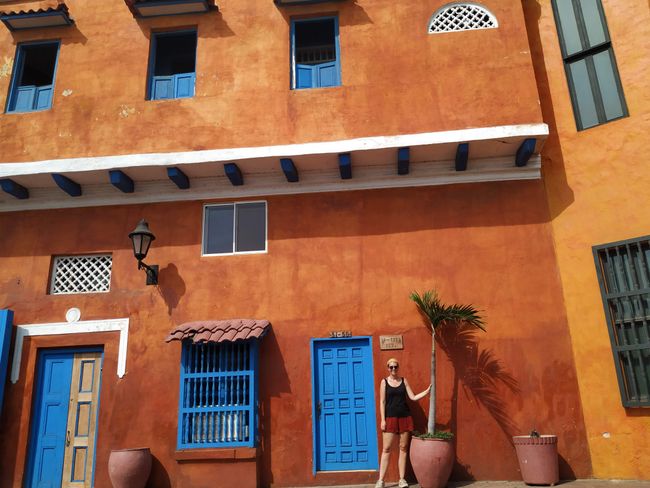
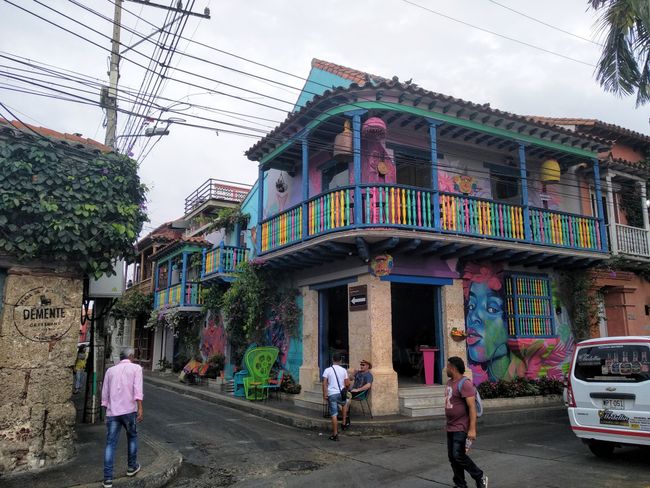
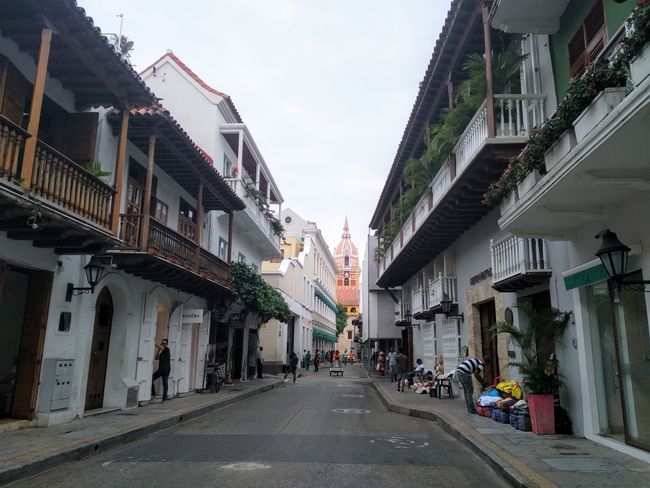
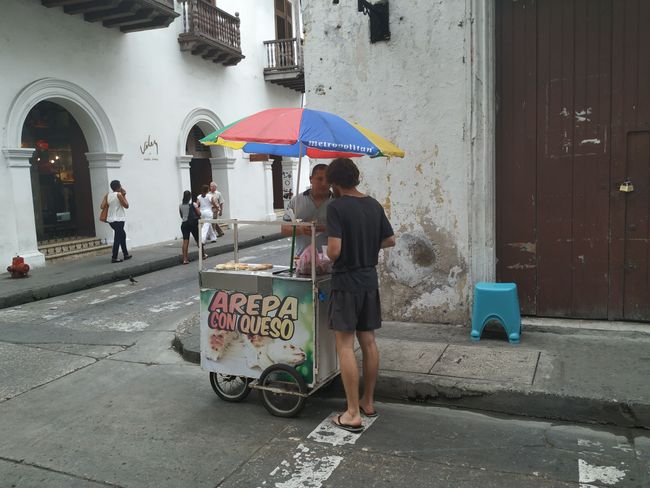
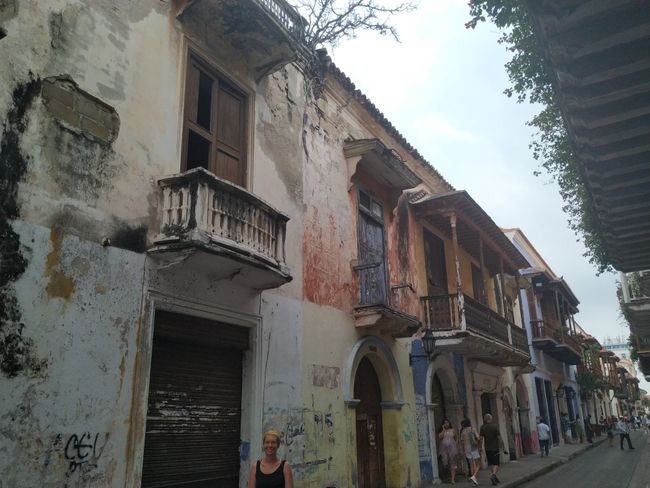
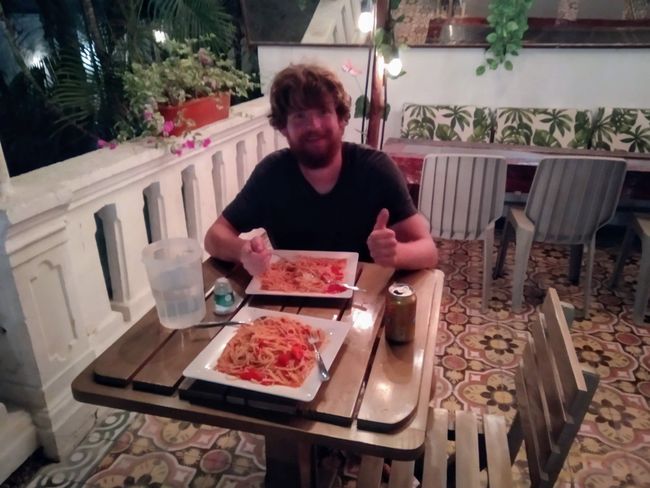
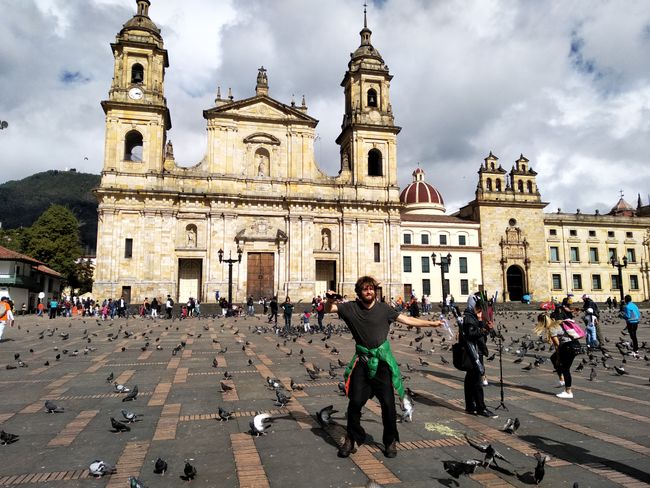
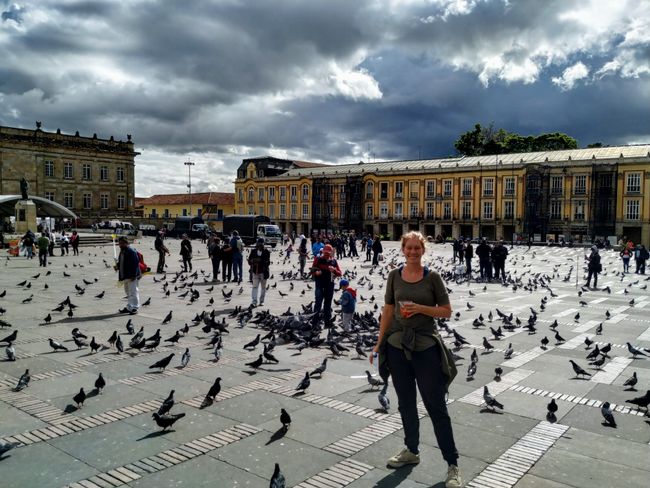
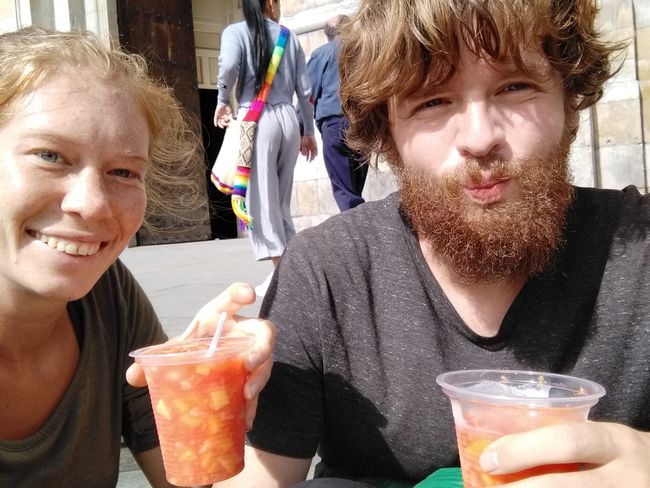
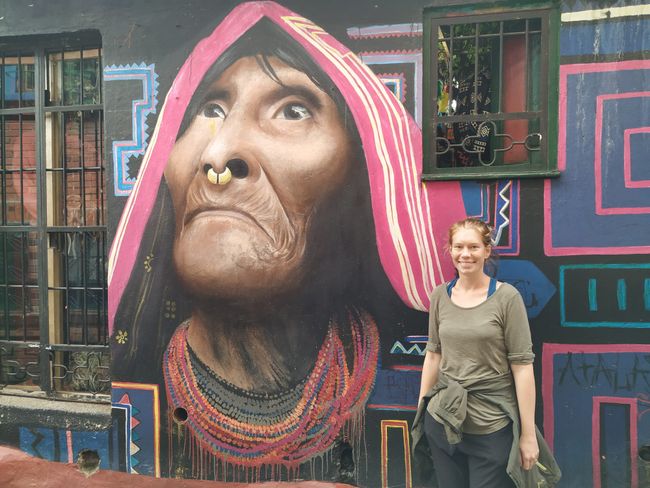
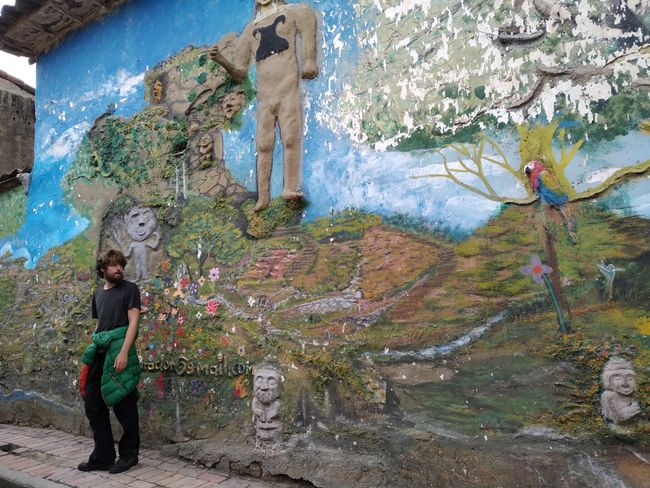
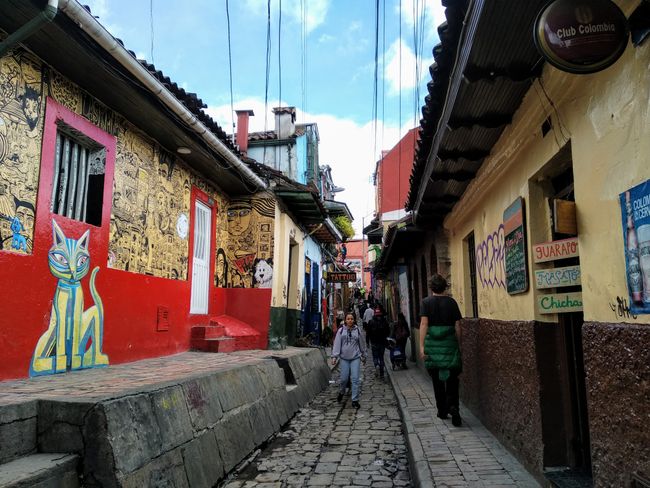
Ба бюллетен обуна шавед
It's hot. Even at midnight. We have arrived on the Caribbean coast of Colombia. We want to rest in the small fishing village of Ricon del Mar for a few days. However, you can only get there by motorcycle taxi from San Onofre, which is 16km away. Since we arrive after midnight, the taxi drivers demand three times the normal price and talk to us hectically. It's all too much for us, so we decide to leave in the morning. However, there are no hostels available to book online in San Onofre and the taxi drivers also insist that we go to the next village. So, we have to get creative late at night and find a camping spot. We walk to a park on our map and talk to some locals along the way. They all advise against camping in San Onofre at night - apparently because of paramilitary groups in the city. Unfortunately, a family can't offer us a camping spot in their house, but they recommend that we camp at the large centrally located gas station, where employees are on duty 24/7. Under the watchful eyes of curious teenagers and taxi drivers on their motorcycles, we set up our tent. We hope that people will continue to sit there all night and that the gas station attendants will stay awake. Because it is so hot, we leave the tent doors open for ventilation. It is the most watched camping spot we have had so far. We notice that the next morning when we wake up at 6 o'clock, some eyes are already on us. Most of them are taxi drivers on their motorcycles.
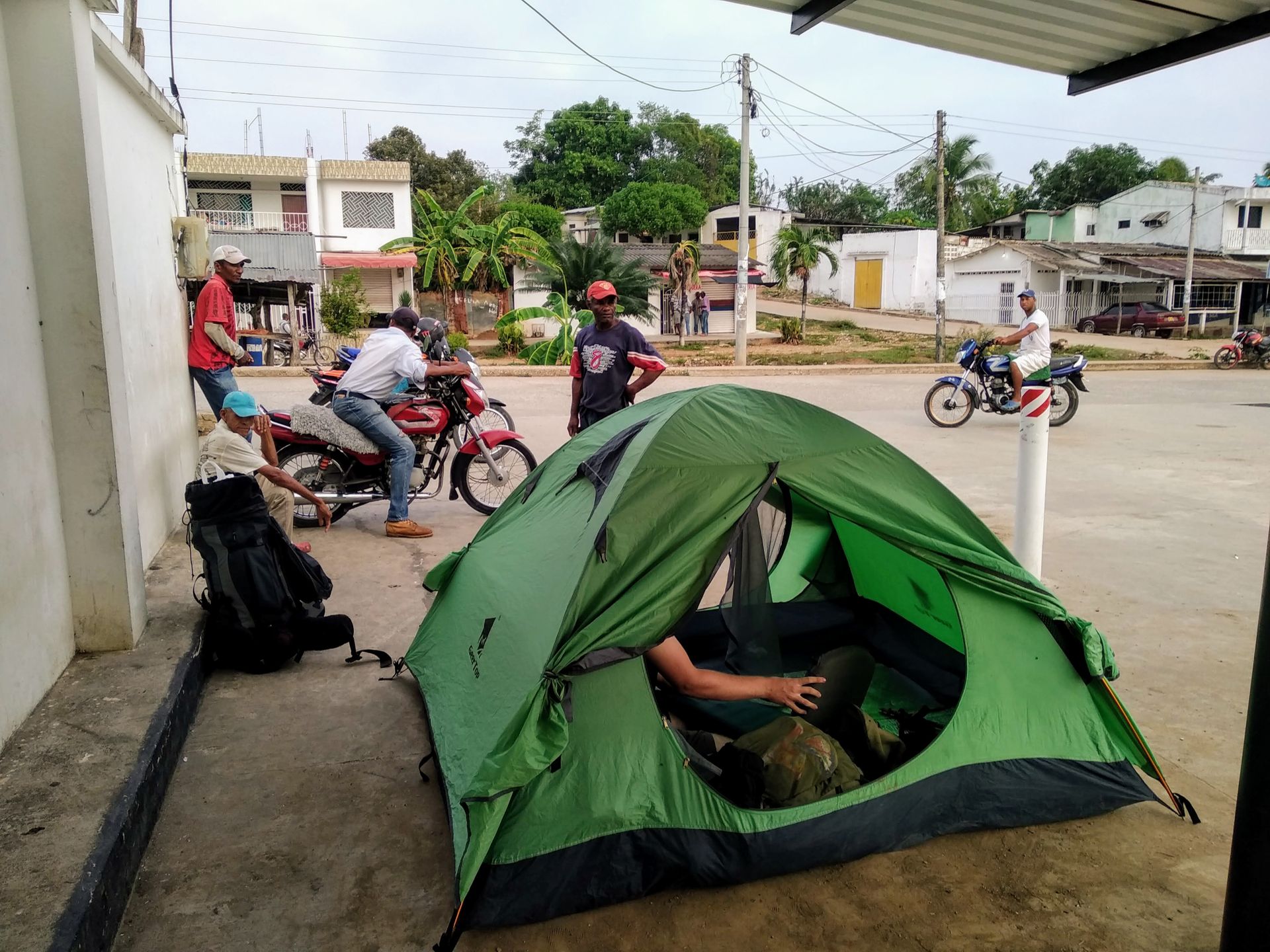
We had to expect this - peeing undisturbed is not possible. We quickly pack everything together, and as soon as everything is stowed away and we face the friendly but impatient looks, we are asked if we want to go to Ricon del Mar (YES), and a heated discussion ensues about who gets to drive us. We enjoy the fast taxi ride on the motorcycle through the savannah-like landscape, which reminds us a little of Africa. The occasional trees around us are tall and have thick branches that reach up to the sky or bloom red.
Ricon del Mar consists mainly of a clay road, there is little traffic and a few small shops. We find accommodation with a large dormitory under the roof, right on the beach, and thanks to the lack of walls: a view of the sea. The beds are made from pallets, over which mosquito nets are stretched. This place is perfect for us and we live day by day, swimming in the warm Caribbean bathtub, swinging in the hammock in the shade, and occasionally treating ourselves to a cold beer in the afternoon. We watch pelicans and frigatebirds dive into the water in search of food, gliding through the air almost without flapping their wings. Every day, people pass by the beach selling massages or coconuts, shells or large lobsters. Once we buy a shell to try. The dark-skinned man skillfully opens it with a spatula and drizzles lemon juice over it. Jakob slurps up the raw shell, but he doesn't want to buy any more because the taste is too unfamiliar. Instead, a rich 78-year-old Frenchman (with a young Colombian girlfriend) buys the whole bucket.
One evening we visit a small fiesta of a Venezuelan family who own a restaurant in financial difficulties, and afterwards we go swimming in the dark with some people to find bioluminescent plankton. We walk together for 2-3 kilometers along the beach and then enter the water at a specific spot. The plankton flashes close to our bodies again and again, the more we move, the brighter it glows. Unfortunately, it is not particularly strong on this evening.
After a few relaxing days, we want to go to Cartagena; Taxi - check, waiting for the bus - check, negotiating the price - check. We sit happily on the bus until we realize that Jakob's phone has fallen out of his pocket in the taxi (stupid sweatpants!) - We are speechless: a case of deja vu. We stop the bus, go back to the city on the motorcycle. We hope for a sign from the taxi driver - and indeed: he signals us from the side of the road and we get the phone back. Finder's fee - check, waiting for the bus - check, negotiating the price - oh well, never mind, get on the bus - check.
In Cartagena, it remains hot. In fact, it's even hotter because the heat is trapped in the city and we can no longer just lie in the shade. We lazily explore the city. We are tired from traveling by bus and don't want to do any more. From Argentina to Colombia, it's quite a distance, if we think about it. Cartagena is beautifully colorful, thanks to painted house facades that are lined up in bright colors or with peeling plaster or stand out with graffiti. We stroll through the narrow streets, which are quite crowded with tourists and locals. We eat homemade ice cream for 20 cents from a street vendor with a cake flavor, drink chilled lemonade, and regularly cook in the well-equipped hostel kitchen in the evenings: pasta with grated carrots, plenty of lemon juice, peppers, tomatoes - our new makeshift summer dish.
After three days, we take a bus back to Bogota in 24 hours. We hope it will be our last long-distance journey. Outside, it's scorching hot, while inside the air-conditioned bus, people are wrapped in blankets, freezing. The three babies start coughing, but the bus driver refuses to listen. When we arrive in Bogota the next morning, we are in a trance-like state due to lack of sleep and the cold. We manage to find our accommodation by bus and fall into bed. Even the next day, we still feel "hungover" from the bus ride. There are still some things to organize for the next leg of our journey: applying for visas for Cuba and the USA, and we spend a day in the sports shop, as some things have been broken or lost. Our thoughts are already on our way to Cuba, unjustifiably so.
After almost five months in South America, a long time has passed. From Buenos Aires in Argentina, we have traveled through Bolivia, Peru, Ecuador to Colombia. We completely avoided domestic flights to save CO2. The route covers a total of around 20,000 km by train, bus, and hitchhiking, which is about 400 hours of pure travel time, as the buses on the bad roads only reach about 50 km/h. And, fittingly, we are absolutely fed up with bus travel. All in all, we had an exciting and eventful time in South America with beautiful and unfamiliar landscapes, wonderful encounters with people and animals, often bad food, and it seemed more dangerous in our imagination than it actually was. The stories you hear - including ours - often create false impressions. But now we are ready to continue traveling, to encounter different cultures, landscapes, and languages (except for Cuba, of course), and, above all, we crave better food (doner kebab and pizza;). Goodbye, South America, it has been a pleasure!
Ба бюллетен обуна шавед
Ҷавоб (1)
du
Ein schöner Abschluss in Kolumbien mit vielen spannenden Erlebnissen in Südamerika! Gute Weiterreise :)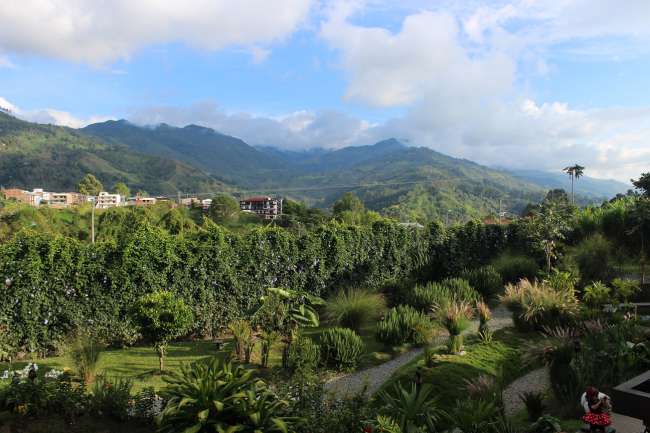
Ҳисоботи сафар Колумбия
